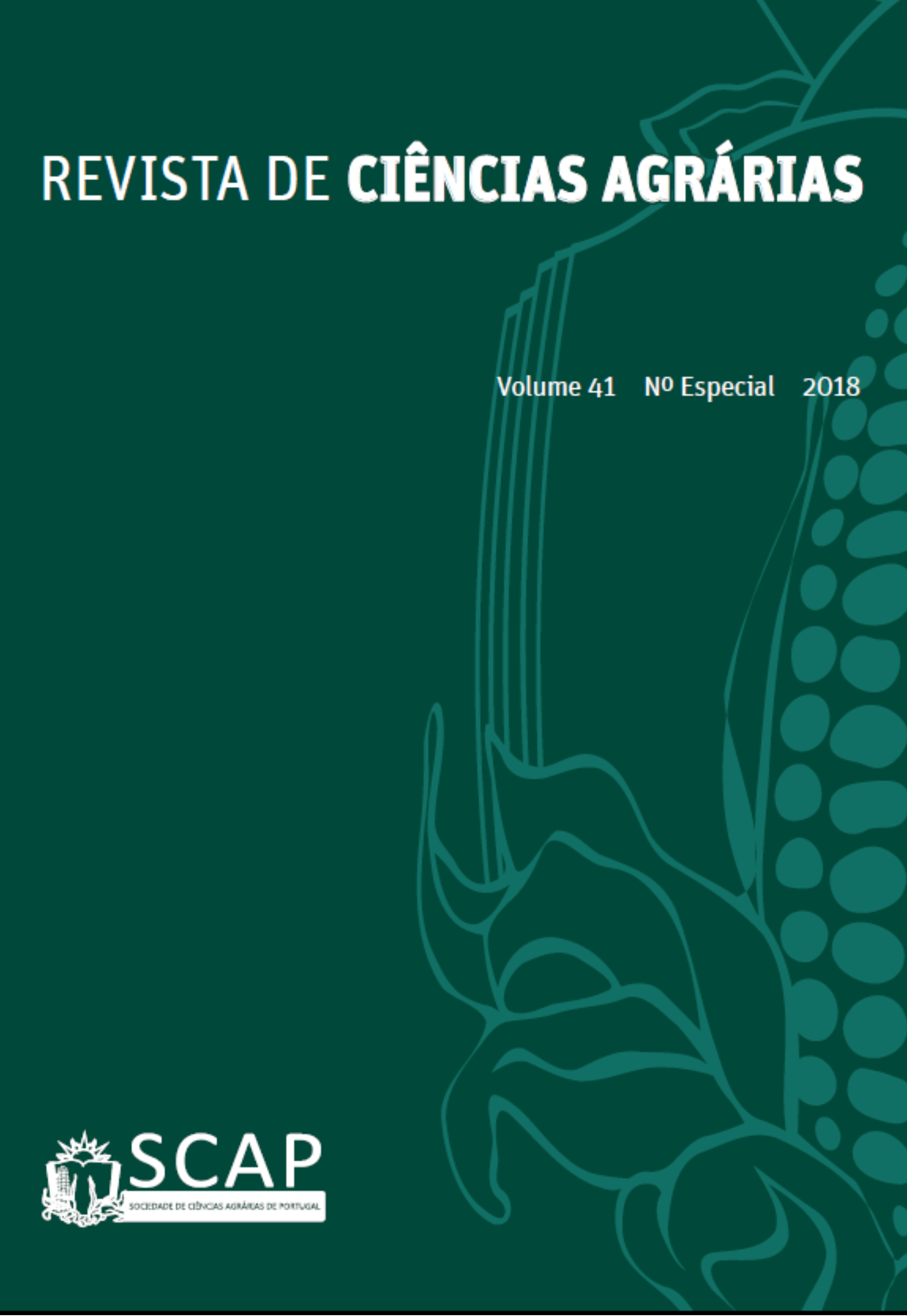Family farming and plant protection: traditional approaches and closeness to organic farming practices
DOI:
https://doi.org/10.19084/rca.17086Abstract
For almost a century, crop protection on family farms has combined traditional practices with curative methods against pests, diseases and weeds, in particular the use of pesticides. These farmers have great territorial, economic and social relevance in Portugal, and the society seeks for their products in local markets, since they associate them with agricultural practices with lower impacts on health and the environment and close to the organic farming concept. Thus, we aim to identify the agricultural practices adopted by family farmers, in the crop protection component, which may have negative impacts on the environment and human health, and which are distant from organic farming. Using a questionnaire (cheklist), applied to 125 family farmers with farms located in Portugal (Viseu, Braga and Barcelos) and Spain (Pontevedra and Padron), the agricultural practices related to crop protection were identified. Some common practices with organic farming were identified: cultural diversity, consociations, crop rotation, and selection of resistant varieties. Others, such as fallow, green interventions or biotechnology protection methods, are only used by some family farmers. On the other hand, chemical control is used by most family farmers.


